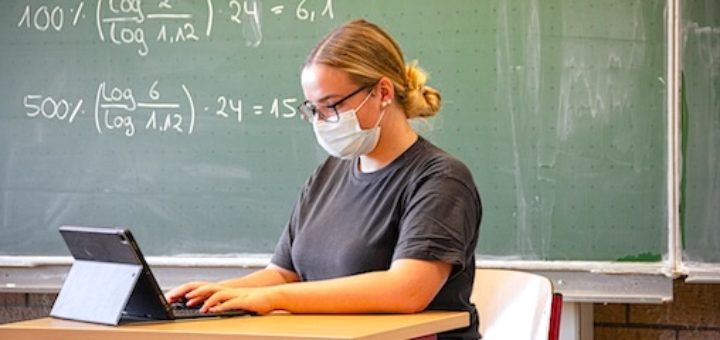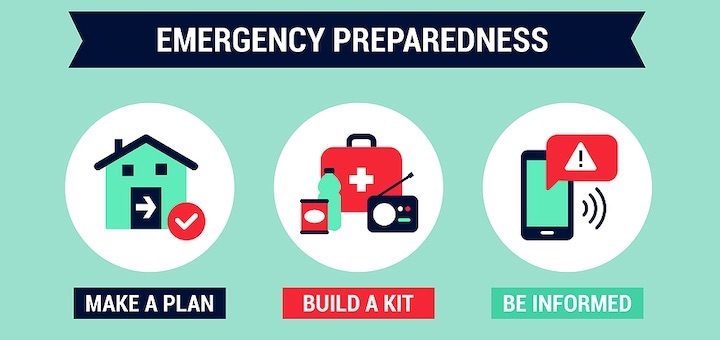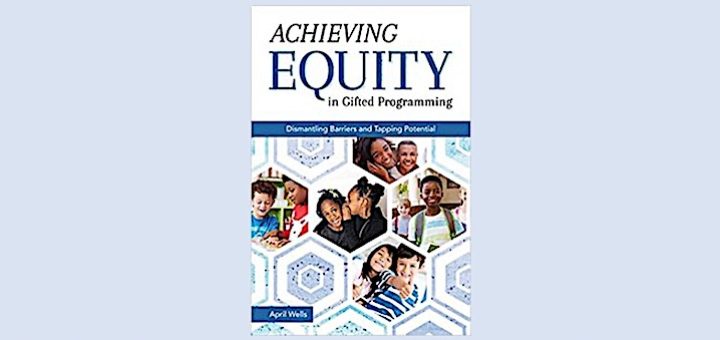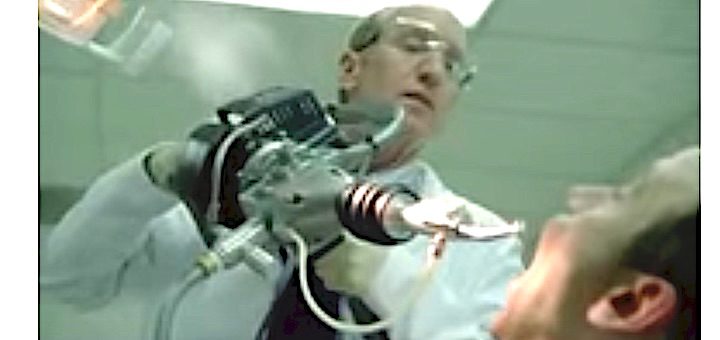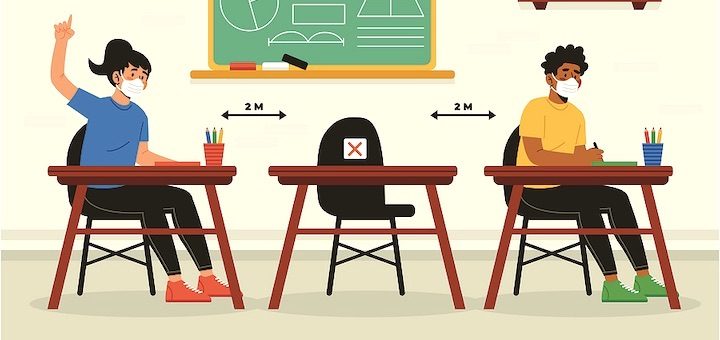Helping Our Students Identify as Generalists
Many media literacy initiatives start with skills – teaching kids to fact-check and dig for information. Instead, Angela Kohnen and Wendy Saul urge us to guide students as they assume the identity of Generalist – “sifters” who are curious, skeptical, accurate and persistent.


